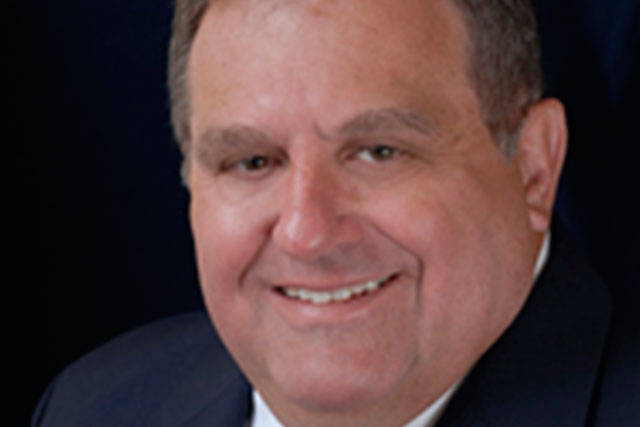President Trump campaigned on cutting taxes, streamlining regulations and improving infrastructure. He also vowed to renegotiate our trade agreements calling the North American Free Trade Agreement “the worst deal ever made.”
On his first day in office, he signed an executive order aimed at reducing regulations and controlling regulatory costs. However, revamping our vast web of federal rules is much easier said than done. It is even more difficult when state and local rules are considered.
The cost of regulations is a key American competitiveness issue. It is a major reason our companies re-locate to other countries and our manufacturers and farmers have difficulties competing internationally.
The U.S. Office of Management and Budget pegged the costs of new regulations passed since 1980 at $250 billion a year. The Competitive Enterprise Institute added annual regulatory compliance and economic impact costs are $1.8 trillion—-roughly equal to all of the personal and corporate income tax collections.
In 2014, the National Association of Manufacturers found small manufacturers with fewer than 50 employees pay an estimated $34,671 per employee each year just to comply with federal regulations.
Concern over the impacts of excessive regulations is not new. In the 1980s, Sen. George McGovern, 1972 Democrat presidential nominee, bought the Stratford Inn in Connecticut and learned how difficult it was to operate a small business and comply with government regulations.
“I also wish that during the years I was in public office, I had had this firsthand experience about the difficulties business people face every day” McGovern wrote in a Wall Street Journal editorial. “That knowledge would have made me a better U.S. senator and a more understanding presidential contender.”
Those difficulties also frustrate many involved in international trade. Farmers, food processors and factory owners find their compliance costs rising and now face retaliatory trade tariffs (25 percent and 15 percent) on products they export to countries such as China.
Hopefully, tariff rhetoric will not escalate and new approaches can make their way into trade agreement and regulation streamlining negotiations.
For example, Senators Ted Cruz of Texas, Steve Daines of Montana and Cory Gardner of Colorado wrote President Trump asking him to add language to NAFTA aimed at streamlining permitting, bolstering infrastructure and putting key regulatory reforms into the agreement.
They want a competitiveness chapter included in NAFTA which applies only to the U.S. Neither Mexico nor Canada would have to agree or are impacted.
The letter also proposes Congressional approval for any regulation costing more than $100 million. That provision is aimed at presidential executive orders imposing costly new requirements which often skirt the law.
The uniqueness of the Cruz-Daines-Gardner approach is any final trade agreement would then be ratified by the U.S. Senate requiring only 50 votes. It escapes a deadly filibuster.
Tubing NAFTA and adding tariffs hurts our farmers, food processors and manufacturers, especially in our state—the nation’s third largest exporter. In 2017, Washington exports were $77 billion of which $8 billion went to Canada under NAFTA.
In Mexico, the U.S is the dominant dairy supplier, capturing close to 75 percent of that market. Dairy exports to Mexico support 30,000 American jobs. Washington dairies contributes nearly $4 billion a year to the state’s economy and provides 18,000 jobs.
Montana wheat farmers increased their exports to Mexico by 400 percent since NAFTA was signed. Much of that grain is barged down the Snake and Columbia rivers to be exported from Washington ports.
Streamlining regulations and negotiating trade agreements is tedious, necessary work. Cruz-Daines-Gardner suggest a different approach. Hopefully, the President and their colleagues will give it serious consideration. It just may work!
Don Brunell is a business analyst, writer and columnist. He recently retired as president of the Association of Washington Business, the state’s oldest and largest business organization, and now lives in Vancouver. He can be contacted at TheBrunells@msn.com.


